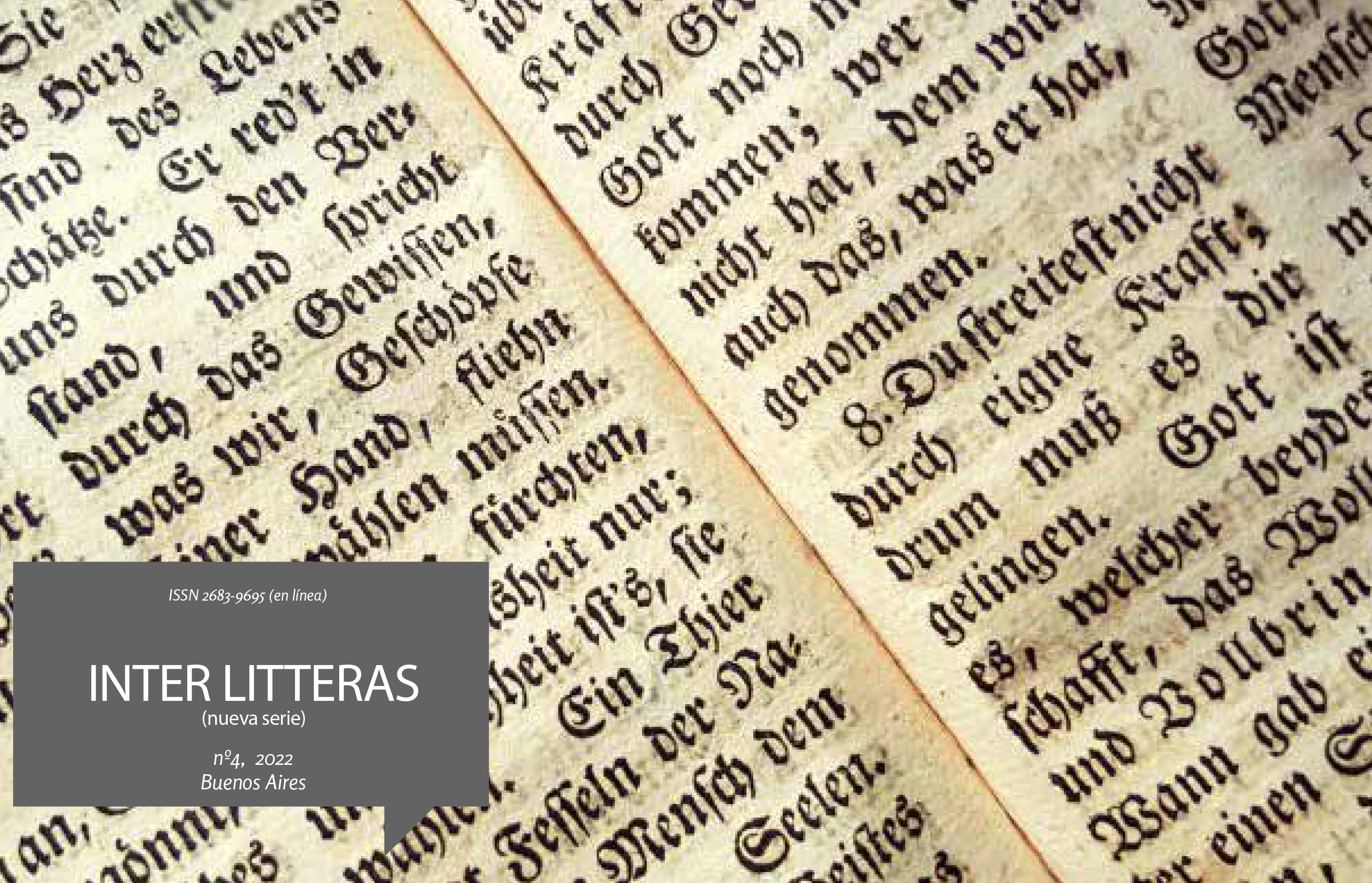Tant que la langue vivra: vida de la lengua y literatura del futuro en la escritura de Gustave Flaubert
Abstract
After the Franco-Prussian war and the events of the Paris Commune, Flaubert, always suspicious of any progressive conception of history, saw his vision of human development as an involutionary process of standardisation, commodification and technification of the world definitively confirmed. In the context of this diagnosis, literature is left with the dual task of resisting and disappearing. This disappearance was in fact already inscribed in the very nature of language: for Flaubert, language has a limited but intermittent life, which, through the work of style, can be projected forward. Thus, the true writer is the one who makes language last by finding in it the latencies that might become apparent in later times: in other words, the authentic work of art is always, inevitably, of the future. This paper sets out to describe one of the ways in which Flaubert constructs this future life of the literary work (and of language) by employing the perished materials of the contemporary. In this sense, we suggest that the main strategy developed by Flaubert during the 1870s is that of writing as graffiti. In literary terms, the result of this strategy will be the unfinished novel Bouvard et Pécuchet.Downloads
Download data is not yet available.
Published
2022-08-23
How to Cite
Caputo, J. L. (2022). Tant que la langue vivra: vida de la lengua y literatura del futuro en la escritura de Gustave Flaubert. Inter Litteras, (4). https://doi.org/10.34096/interlitteras.n4.11720
Issue
Section
Futuros Pasados en la literatura del s. XIX: del Romanticismo al fin de siècle










